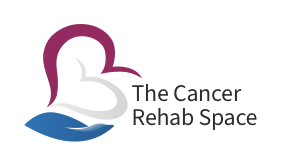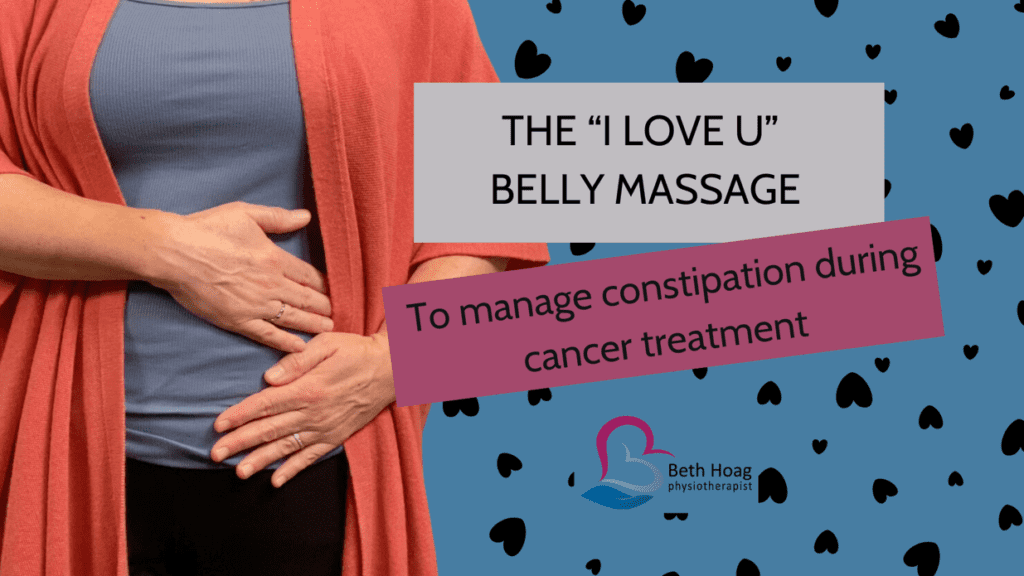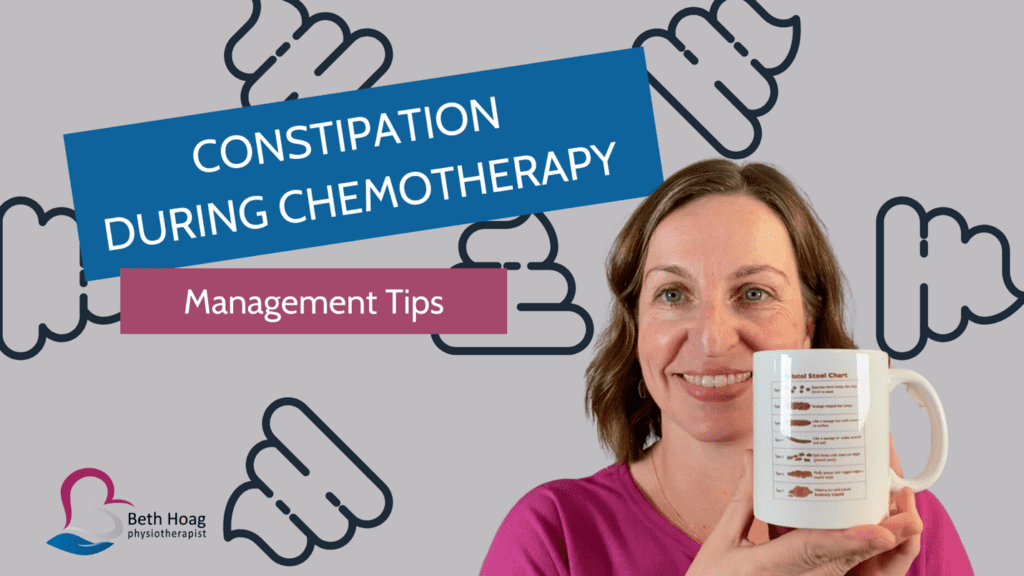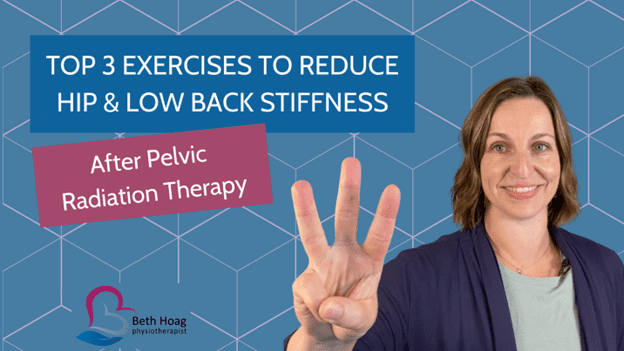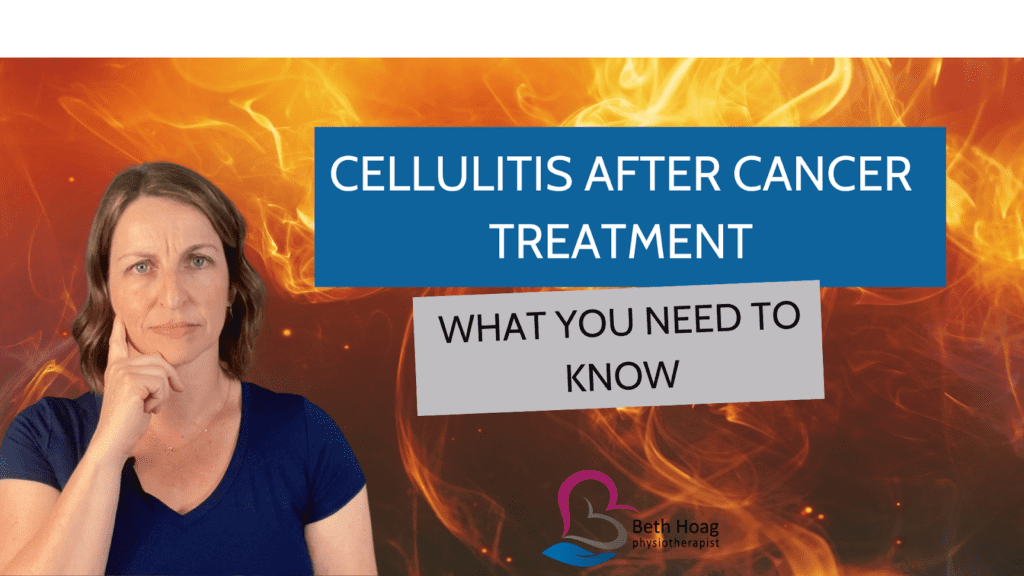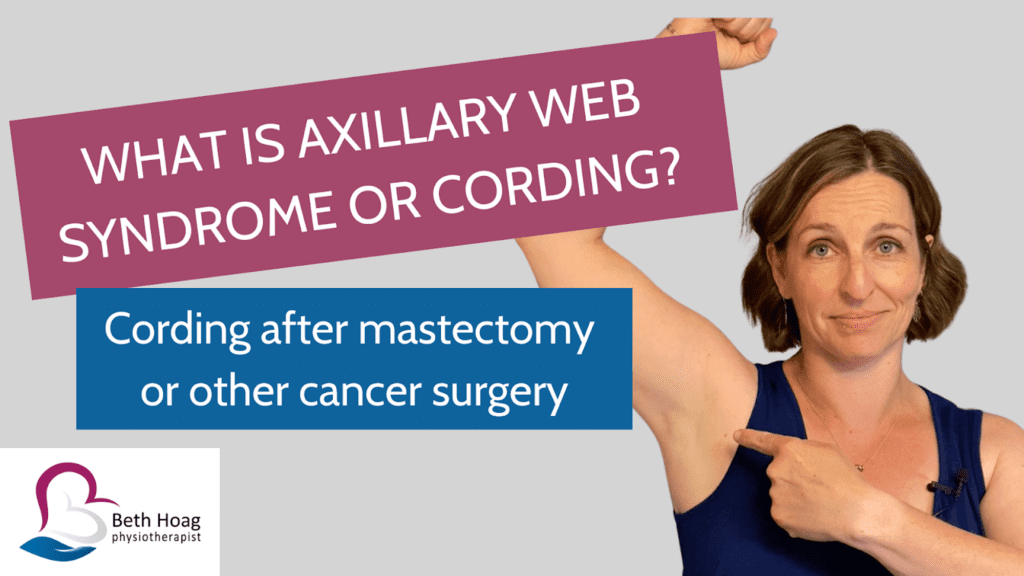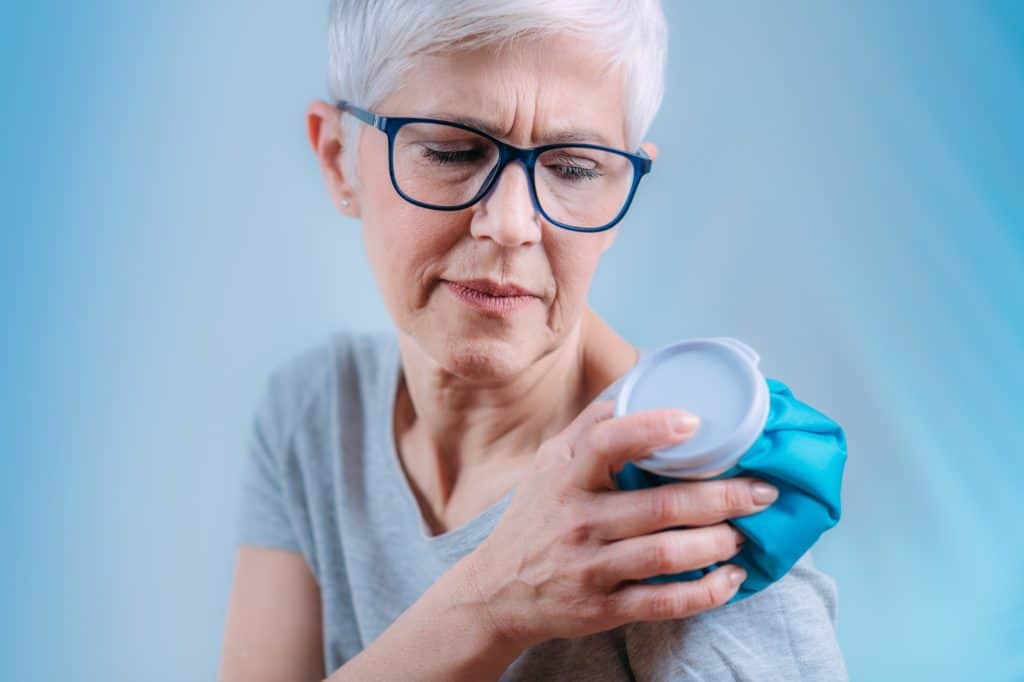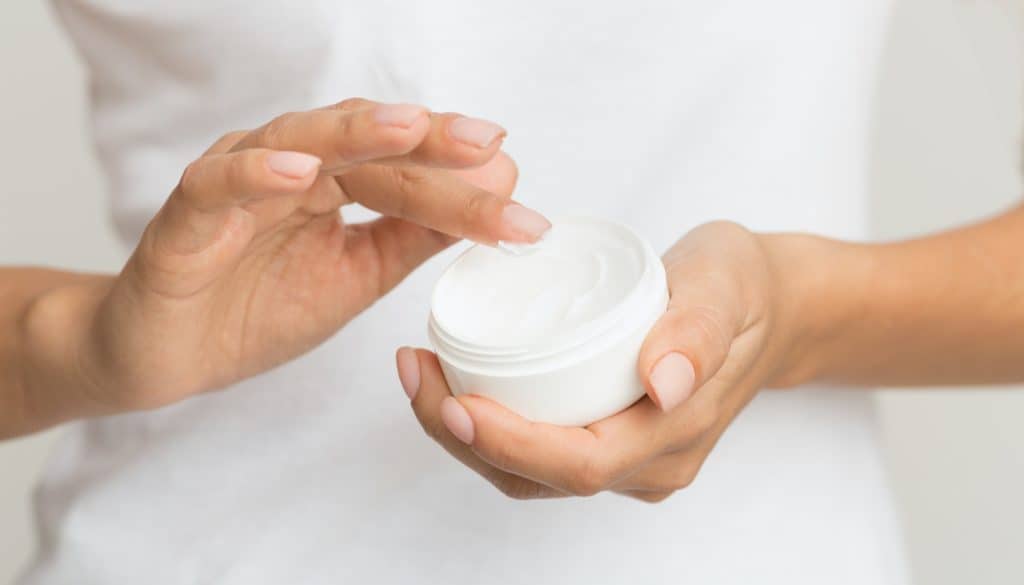
It is my firm belief that knowledge is power.
Every day, I see clients with fear and anxiety, and so much of it is fuelled by the unknown. If you are armed with accurate knowledge and information about your body, then you can begin to “control your controllables” and take back some of the power that fear and anxiety are holding hostage.
The purpose of my blogs is to help empower you and your loved ones through knowledge and insight. You deserve to live life to the fullest during and after cancer treatment and I hope this information helps you along your way.
May you be well. May you be happy. May you be healthy.
Recent Posts
Self-Massage for Constipation: The “I Love You” Technique
Managing constipation during cancer treatment can be challenging, but self-care techniques like the "I Love You" massage can provide relief. This gentle belly massage helps stimulate bowel movement and alleviates symptoms associated with constipation during chemotherapy. Incorporating this routine, along with deep breathing and essential oils, may help regulate your...
Read MoreHow to Manage Constipation During Chemotherapy
Are you feeling a little “blocked up” from chemotherapy? Constipation during chemotherapy and cancer treatment is very common but can be extremely unpleasant. In this blog, we're going to talk about how to manage constipation during chemotherapy and beyond. Specifically, we're going to talk about what constipation is, why it...
Read More3 Things to Improve Hip & Low Back Stiffness After Pelvic Radiation Therapy
Pelvic radiation therapy can lead to stiffness and discomfort in the hips and lower back, impacting your mobility and quality of life. In this post, we’ll explore three effective strategies to alleviate these symptoms and promote recovery. From gentle stretching techniques to strengthening exercises, these tips can help you regain...
Read MoreHip and Low Back Stiffness (and Pain): A Side Effect of Pelvic Radiation Therapy
Have you had pelvic radiation for cancer treatment and are slowly developing progressive stiffness of the hip and or low back? Maybe you're even starting to feel pain? If so, this blog is for you!
Read MoreRadiation Fibrosis Syndrome of the Breast and Other Areas: “The Gift That Keeps on Giving”
Radiation therapy is an important and common component of cancer treatment. However, unlike chemotherapy, the side-effects of radiation therapy are frequently not immediate. This leads many to believe that radiation therapy is “no big deal”, which often couldn’t be farther from the truth.
Read MoreUnderstanding Cellulitis in Cancer Patients
Learn about Cellulitis, a potential infection that may occur following lymph node surgery in Cancer Patients. In this comprehensive article, Beth Hoag PT, CLT, extensively explores what Cellulitis looks like, its symptoms, prevention methods, early detection techniques, and the key differences between Cellulitis and Lymphedema. Gain a deeper understanding of...
Read MoreWhat is Axillary Web Syndrome or Cording?
Understand the symptoms and causes of Axillary Web Syndrome or Cording after Breast Cancer Surgery. Learn about online treatment options available from Beth Hoag, Cancer Rehabilitation Physiotherapist.
Read MoreAre you at Risk of Frozen Shoulder After Cancer?
An important part of recovering from an upper body cancer surgery (e.g. breast cancer, melanoma, sarcoma) includes doing specific exercises to regain shoulder and neck mobility. However, for some, this becomes complicated by the development of frozen shoulder (also called adhesive capsulitis.)
Read MoreThe Best Way to Get Out of Bed with Less Pain After Cancer Surgery
Recovering from cancer surgery involves a good amount of rest and targeted exercise to regain movement of the surgical area. Many people are focused on the “best exercises” to do after surgery (which is important) but take for granted the importance of everyday activities. Cancer surgery recovery is not just...
Read More5 Ways Deep Breathing Can Help You During & After Cancer Treatment
Breathing is something that most of us take for granted. It’s something that our bodies do for us “automatically,” yet many of us are not breathing optimally. We hold our breath… we breathe shallowly and/or rapidly… we are hiking our shoulders… and the list goes on.
Read MoreHow Your Body Heals After Cancer Surgery
As much as we want to “speed things up” and recover faster after cancer surgery, your body has its own timeline for healing. Although some people claim they are “fast healers” the reality is that your body’s physiology is really in charge of this pace; no one can “skip over”...
Read MoreHow you can use Lubricants and Moisturizers to Improve Vaginal Dryness After Cancer Treatment
Dryness.. itching… burning… irritation… pain… “Down There!”
Read MoreWhat You Need to Know About Shoulder Function After a Neck Dissection
In 2021, approximately 6% of all new cancer cases in Canada affected the head and neck (i.e. cancers of the larynx, throat, lips, mouth, nose, salivary glands and thyroid.) (1) Surgery is often the first form of treatment for these cancers, and like any cancer treatment, there are potentially long-lasting...
Read More5 Normal Symptoms to Expect After Cancer Surgery
It can be confusing and overwhelming to know what to expect in the early days after cancer surgery. However, understanding what to expect can be a very helpful way to prepare (physically, mentally and emotionally) and set you up for a better post-surgery recovery. In this blog, we are going...
Read MoreHow to get Better Sleep During Cancer Treatment
A good night’s sleep is essential for our health, yet nearly one third of us are not getting enough sleep every night (1). For individuals going through cancer treatment, this problem can be even worse; between 30% - 88% report having sleep disturbances (2). In this blog, we are going...
Read More